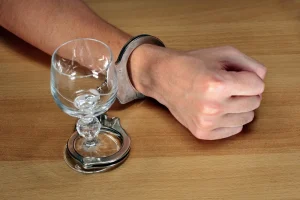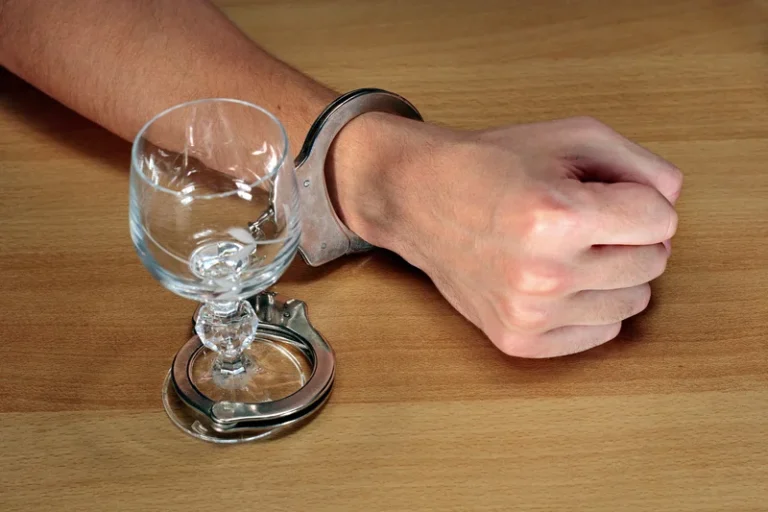
(2) Only trained professionals can officially diagnose a person with alcohol use disorder. However, knowing the signs of alcohol use disorder can help you identify if a person is potentially struggling with it. Not only does it feel good to help, but helping others also fosters healthy social connections and makes you feel like you belong.
What If We Both Have an Addiction?
Also known as “alcohol counseling,” behavioral treatments involve working with a health care provider to identify and help change the behaviors that lead to alcohol problems. Three medications are currently approved in the United States to help people stop or reduce their drinking and prevent a return to drinking. These medications are prescribed by a primary care provider or other health care provider and may be used alone or in combination with counseling.
Emotion-Focused Coping
- As long as they aren’t causing more harm to themselves or others in the process, you can show them that you respect their way of making positive changes.
- Whether it’s alcohol addiction, drug addiction, or substance use disorder involving prescription drugs or illicit substances, addiction requires comprehensive treatment and support to overcome.
- You will be better equipped to deflect crises and arguments and shift interactions with your struggling friend or family member.
- Nicki hopes to contribute to the body of knowledge in treating substance use disorders.
- Gratitude is important because it reduces stress, benefits the healing process, and helps you maintain a positive attitude while staying sober.
This online tool is designed to help consumers find quality treatment for alcohol use disorder (AUD). Research shows that most people who have alcohol problems are able to reduce their drinking or quit entirely. Below are samples of e-health tools developed with NIAAA funding. Each of these fee-based tools has a research base that shows its potential to help people cut down or quit drinking. Some people are surprised to learn that there are medications on the market approved to treat AUD.
What are the signs that someone needs professional addiction treatment?
Your provider may also be able to suggest an online self-guided program. Such e-health tools have been shown to help support for those who struggling with alcohol addiction people overcome alcohol problems. Your health care provider can help you evaluate the pros and cons of each treatment setting. Couples and family counseling incorporates spouses and other family members in the treatment process and can play an important role in repairing and improving family relationships. Studies show that strong family support through family therapy increases the chances of maintaining abstinence (not drinking) compared with people going to individual counseling.
Learn as much as possible about addiction.

If your friend is in a bind – whether they need money for rent or a place to stay – it is only natural to want to step in and help. But giving them money can enable them to buy alcohol they couldn’t otherwise afford, while offering your home as a safety net can prevent them from seeing the true extent of the issue. If they deny having a problem, try gently reminding them of specific incidents. These may be nights where things got out of control or situations where their drinking led to unpleasant fights or outcomes.
Can You Force Someone to Go to Rehab?

Perhaps the person simply hasn’t noticed behavioral changes or doesn’t realize that his or her substance use was or is causing a problem. And without change, the problems may become so severe that the same drastic outcomes could result. Identification can be done through a health care professional screening, employee assistance professional, or family member. What happens after the screening depends on the results of the test. Some people can learn to cut back, while some need further assessment and possible treatment.
- Families once defined by anger and addiction can grow into tight-knit units that are able to support one another through honest communication and healthy boundaries.
- While the exact causes of addiction aren’t clear, genetics likely plays a role, along with environmental factors.
- The problems that triggered your loved one’s drug use in the first place will still be there once they get sober.
- Stretching muscles and pushing tendons prompts the brain to release so-called pleasure chemicals, including dopamine and oxytocin.
- Additionally, it’s critical for treating any underlying mental health issues or mental illness that might contribute to substance use.
Whether you are seeking help for a problem with alcohol, cocaine, marijuana, heroin, crystal methamphetamine, or any other addiction, recovery is possible. Caring for a person who has problems with alcohol can be very stressful. It is important that as you try to help your loved one, you also find a way to take care of yourself. It may help to seek support from others, including friends, family, community, and support groups.
- If your loved one chooses not to address their addiction, it won’t matter how much money you spend trying to change that.
- You can help distract them with other activities or encourage them to learn how to ride out the urge, but ultimately, they have to be responsible for their own sobriety.
- Many people need to be admitted to a detoxification center to help them physically withdraw.
- Understanding situations that trigger you to drink or use drugs is important as you learn to overcome addiction challenges.
- Getting plenty of sleep, eating properly, participating in regular exercise, meditating, even positive self-talk are healthier alternatives to drinking and can help your loved one prevent relapse.
Be prepared for recovery support to be a lifelong process
Alcohol use disorder, or alcoholism, is more than just drinking too much from time to time. Sometimes alcohol as coping mechanism or social habit may look like alcoholism, but it’s not the same. People with alcohol use disorder don’t drink in moderation, even if they say they’re only having one drink.


If your loved one relapses, approach the situation with compassion and support rather than judgment. Help them get back on track by encouraging them to re-engage with their treatment program and support groups. Encourage your loved one to build relationships with sober individuals who support their sobriety. https://ecosoberhouse.com/ Discourage connections with people who might encourage substance use or who were part of their past drug use. In the early stages of alcohol abuse, a person may not show any outward signs of their disorder.
Several communication strategies can help you show support and compassion in a healthy, effective way. Here are several to use when talking to a loved one with addiction. First of all, try to help out with any practical matters that may worry them during rehab. This may include things like taking care of pets or children, checking on their home or helping them keep up with any bills or responsibilities. Removing these sources of stress allows them to focus fully on their recovery without worrying about what’s happening outside of treatment. This can be a tricky decision, depending on your relationship with your friend’s family.
